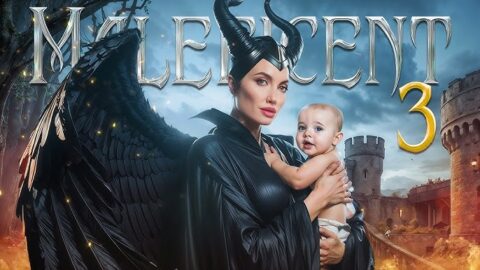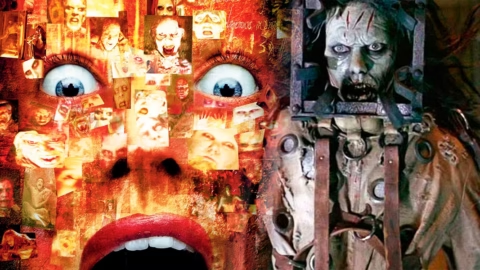Neil Jordan’s Byzantium (2012) is a moody, atmospheric, and haunting twist on the vampire myth—a story that drips with gothic melancholy while reimagining immortality through a uniquely feminine lens. Known for his earlier foray into vampiric lore with Interview with the Vampire, Jordan returns to the genre with a tale that feels both timeless and refreshingly modern.
Byzantium follows the lives of Clara (Gemma Arterton) and Eleanor (Saoirse Ronan), a mother-daughter pair of vampires who have spent centuries on the run. Clara is fiercely protective, pragmatic, and ruthless when she needs to be—a woman forged by centuries of exploitation and survival. Eleanor, in contrast, is quiet and introspective, weighed down by the burden of eternity and her compulsion to confess their secrets through her writings.
After narrowly escaping dangerous figures from their hidden vampiric order, Clara and Eleanor find temporary refuge in a decaying seaside town. Clara transforms an old guesthouse, the Byzantium Hotel, into a makeshift brothel to support them—a stark reminder of how these women have always survived on the fringes of society. But while Clara clings to secrecy and survival by any means necessary, Eleanor longs for release from their endless cycle of blood and concealment.
Saoirse Ronan brings a poignant vulnerability to Eleanor, whose sadness and yearning make her one of the more soulful vampires ever put to screen. Gemma Arterton is fiery and compelling as Clara, a woman shaped by trauma yet unbreakably loyal to her daughter. Together, they share a complex bond—part family, part partnership, part prison.
Jordan’s direction infuses the film with a gothic, dreamlike quality—rain-soaked streets, flickering neon, and moonlit coastlines mirror the characters’ inner darkness. The vampirism here is less about horror and more about history, secrecy, and the ways society punishes women for seeking power or independence. The film’s mythology, including its ritualistic origins for creating vampires, adds a layer of eerie mysticism that sets Byzantium apart from more traditional vampire tales.
Themes of loneliness, secrecy, and defiance course through every scene. Beneath the bloodshed lies a story about the cost of survival for women forced to live outside the rules of both human and vampire worlds. It asks: What does it mean to live forever when every century brings the same threats and betrayals?
Beautifully acted and visually lush, Byzantium is an underrated modern vampire gem—equal parts tragic fairy tale, feminist parable, and gothic romance. It lingers like a forgotten dream, a reminder that some stories, like the women at their center, are impossible to kill.







